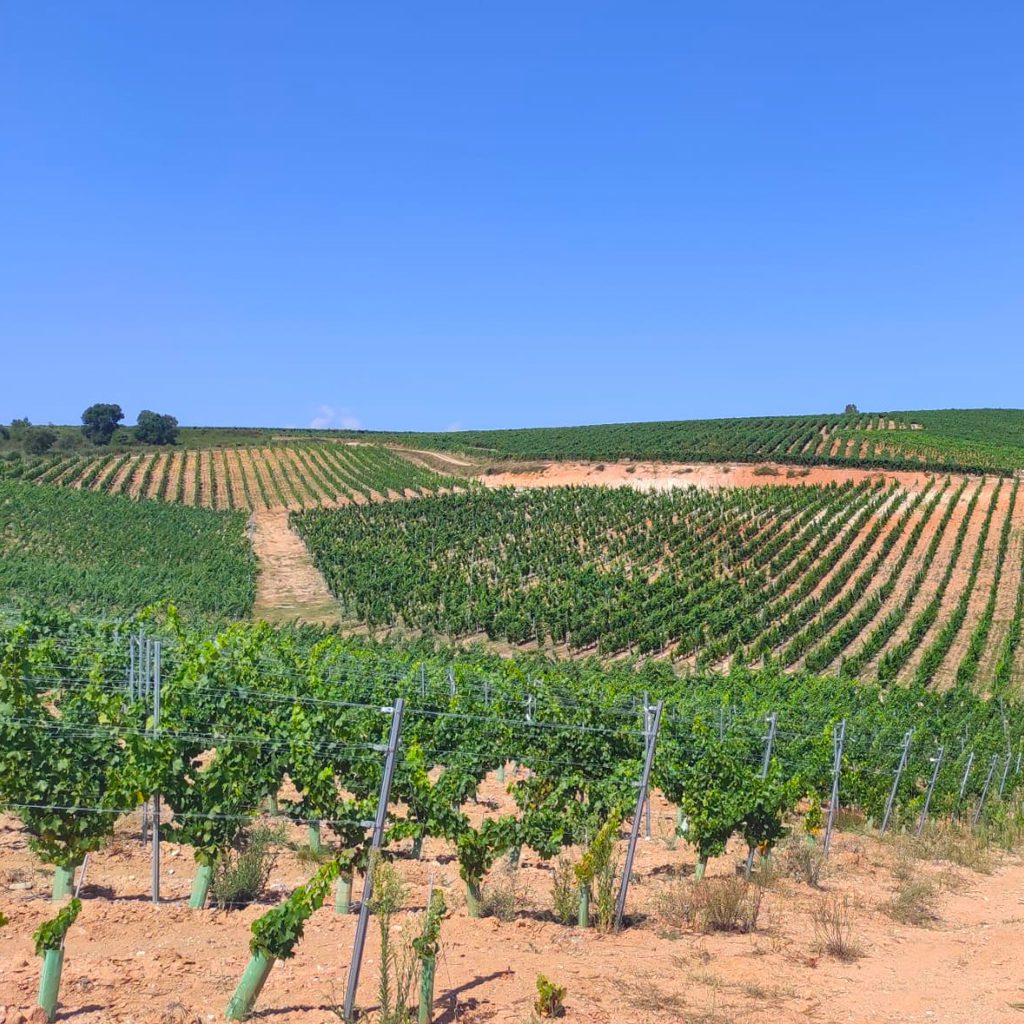Wines of Viña Costeira belong to the oldest Designation of Origin (DO) in Galicia and, probably, one of the oldest in Europe: Ribeiro DO. Among the historical riches of Ribeiro wines is the varietal diversity. Far from having the even appearance of a monoculture, the different varieties turn the landscape of the region into an astonishing tapestry, and provide the wine with incredible combinations of nuances and aromas.
Treixadura, Torrontés, Loureira, Lado, Albariño, and Godello are the main local grape varieties used in the elaboration of white wines and are responsible for the resulting freshness, body and aromas. Caíño, Brancellao, Sousón, Ferrón, and Mencía are the main varieties in the reds, which are tasty and of increasing quality.
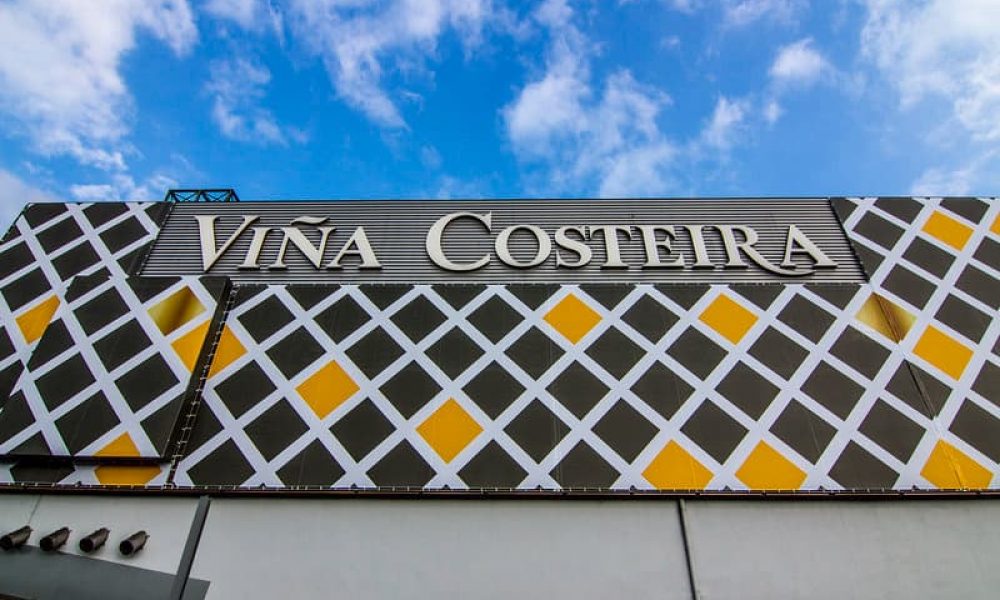
Our vineyards are located in the Ribeiro region, in a valley cut by the Miño river and its tributaries, Avia and Arnoia. The weather conditions of this privileged location are ideal to favour the cultivation of vineyards.
The south-facing terrain with granite soil is divided into costeiras, which is the name historically given to the best slopes exposed to sunlight where the best grapes are grown. The thermal springs of this land are also a distinctive element. This area is, in fact, one of the most important destinations for thermal tourism in Europe.
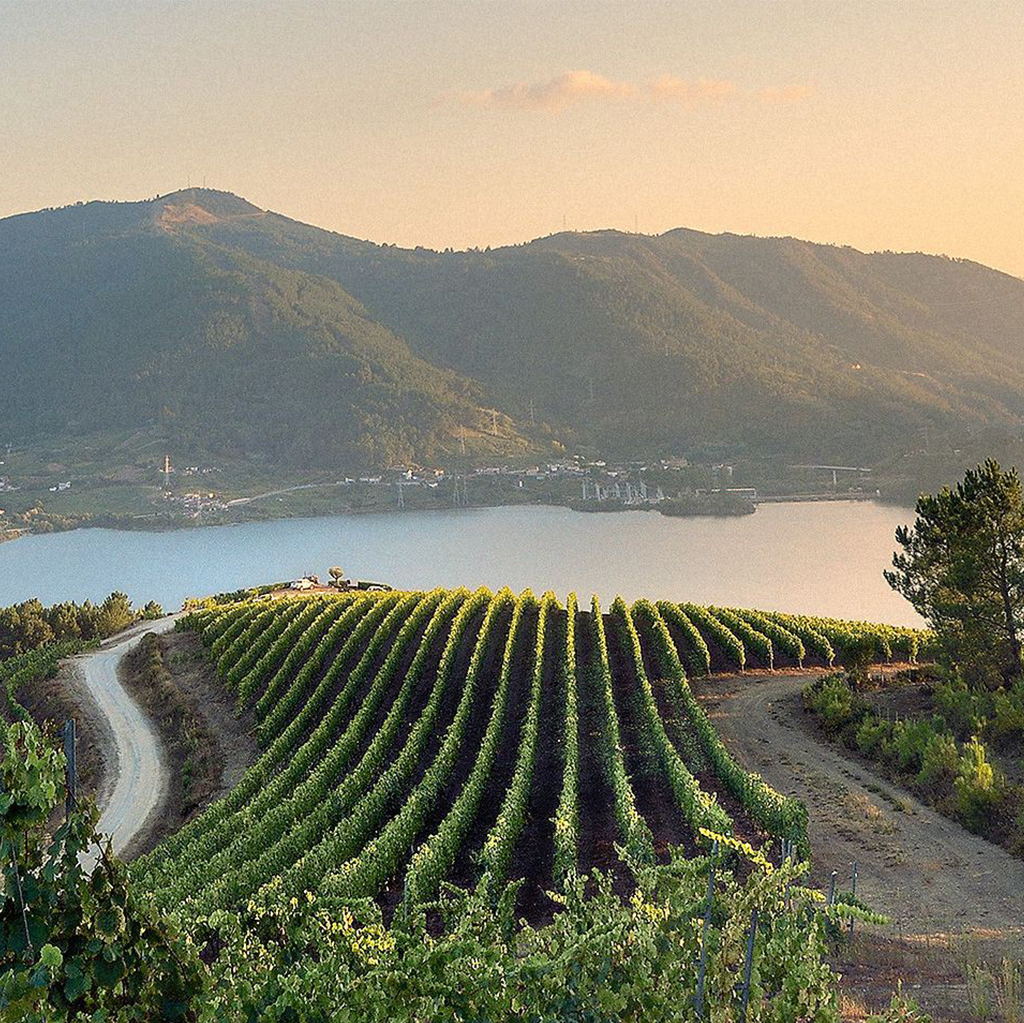
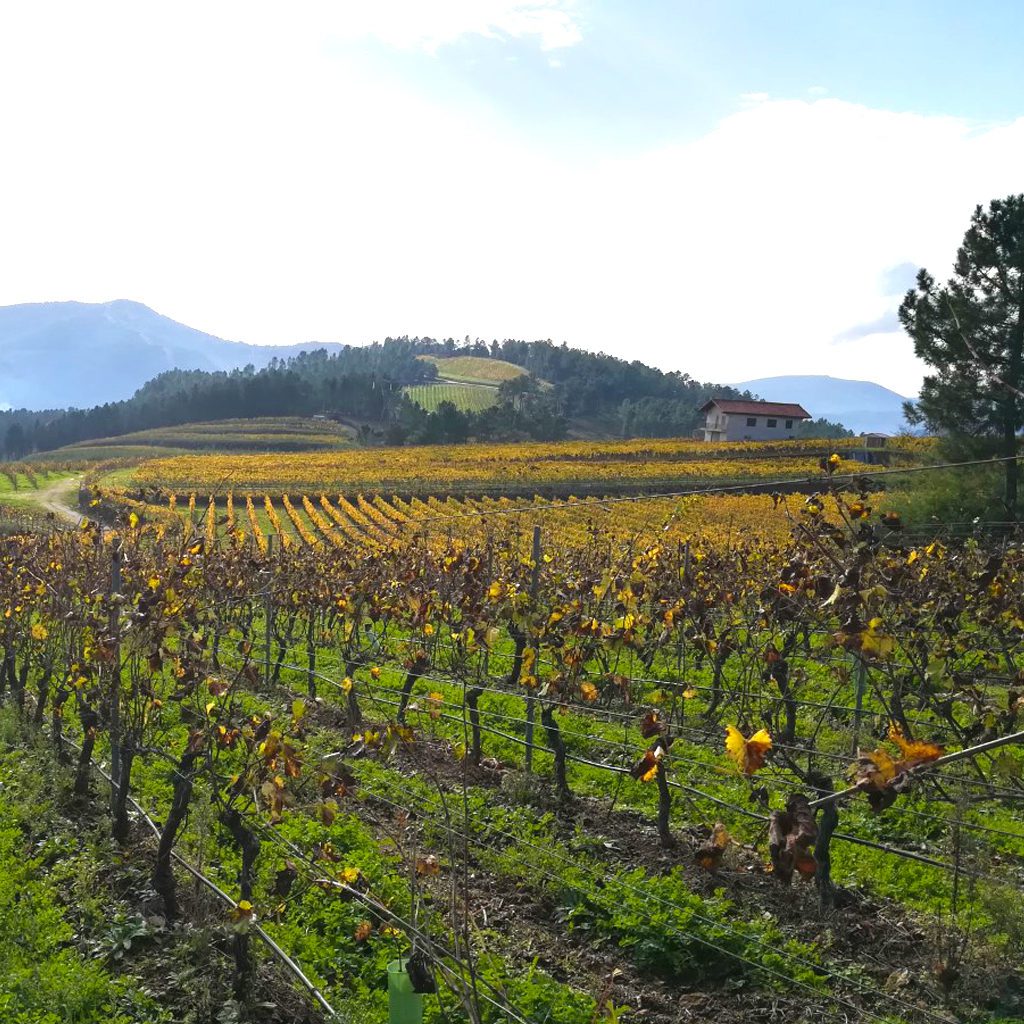
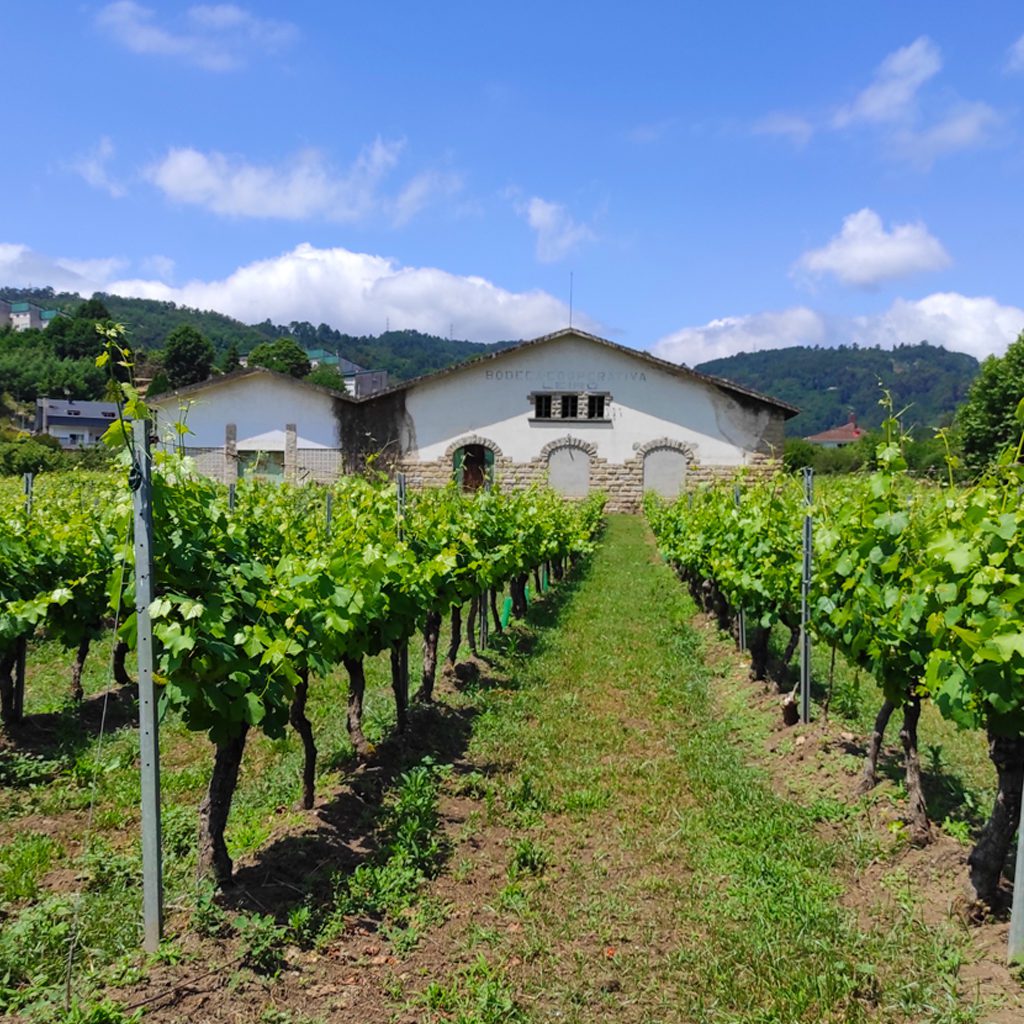
Built in 1742, Pazo de Toubes owns 9 hectares of its own vines used to produce signature wines with native Galician varieties. Pazo de Toubes has a loamy-sandy soil of granite origin with some areas of clay. The slope has an inclination of 48% and the average height is 260 meters.
The production of this small winery is limited, artisanal, and traditional.
Its location, in the higher part of a mountain filled with vines within the rough terrain of the valley of Avia, is privileged.
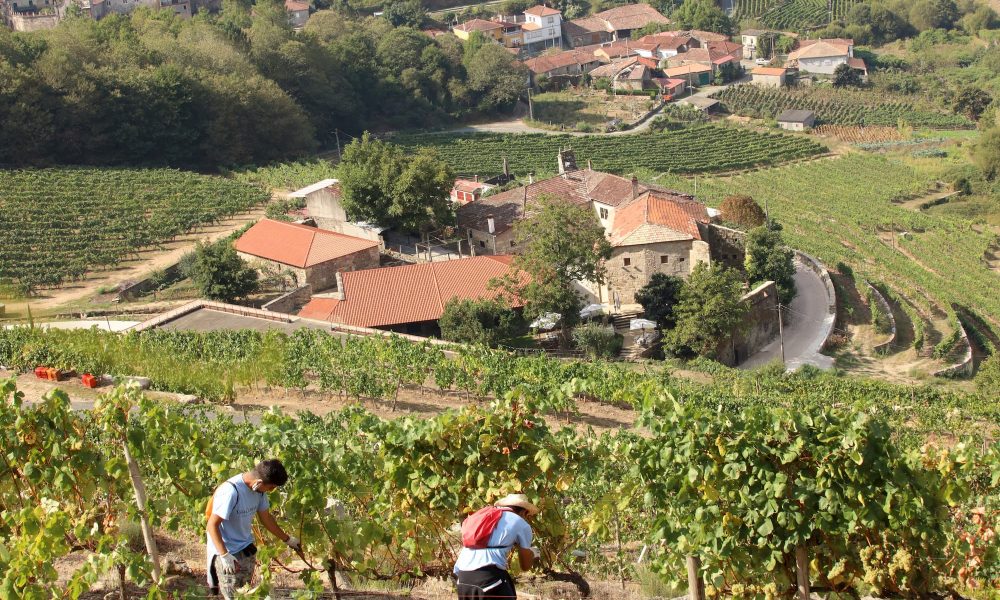
Its location, in the higher part of a mountain filled with vines within the rough terrain of the valley of Avia, is privileged.
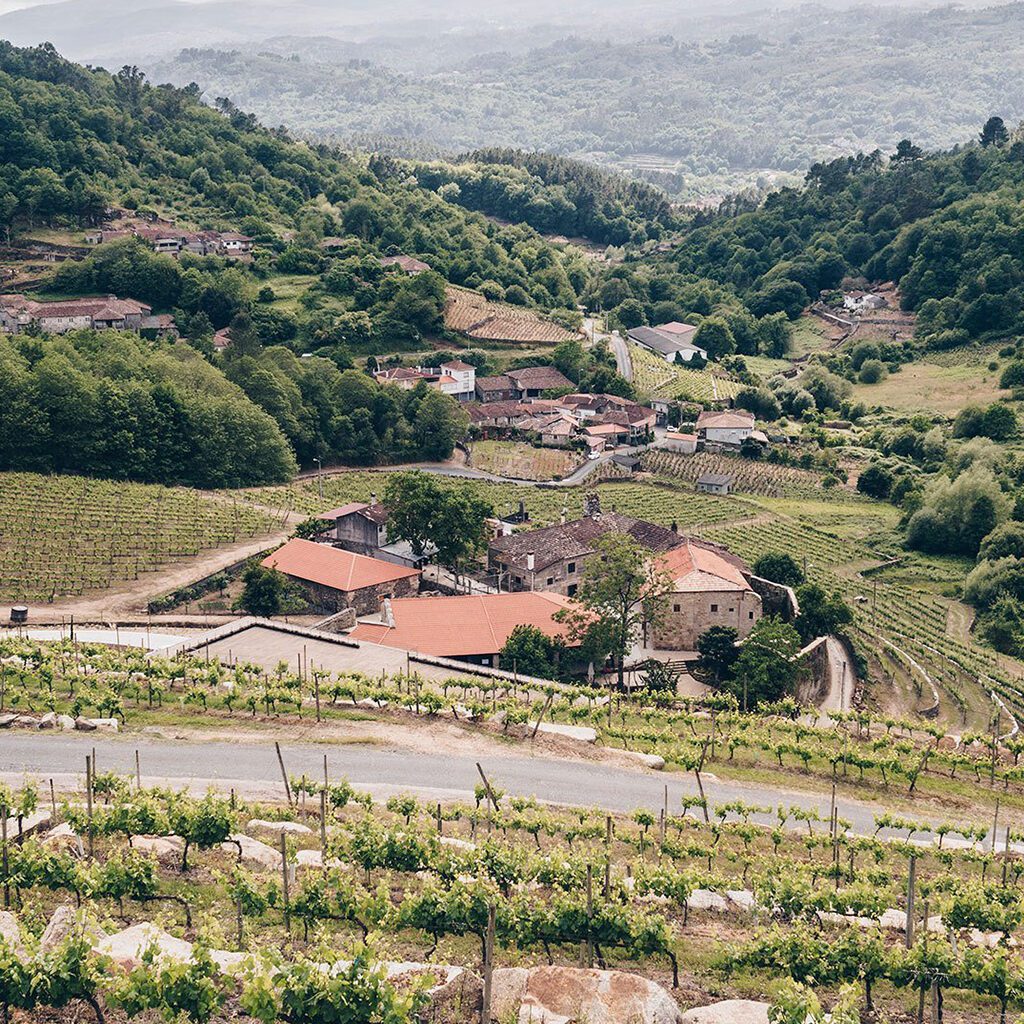
The origins of the Valdeorras Designation of Origin (DO) are linked to the Roman presence by the road Via Nova and by the gold deposits in the area. The first references to viticulture on the banks of the Sil river take us to Lucius Pompeius, who planted the first grapevines of the region in the 1st century.
The region stands out for the elaboration of white wines, being the Godello grape the main protagonist, and for its celebrated red wines. The most distinguished grape used for the creation of red wine is the Mencía, and it is usually combined with other varieties like the Sousón, the Garnacha or the Tempranillo.
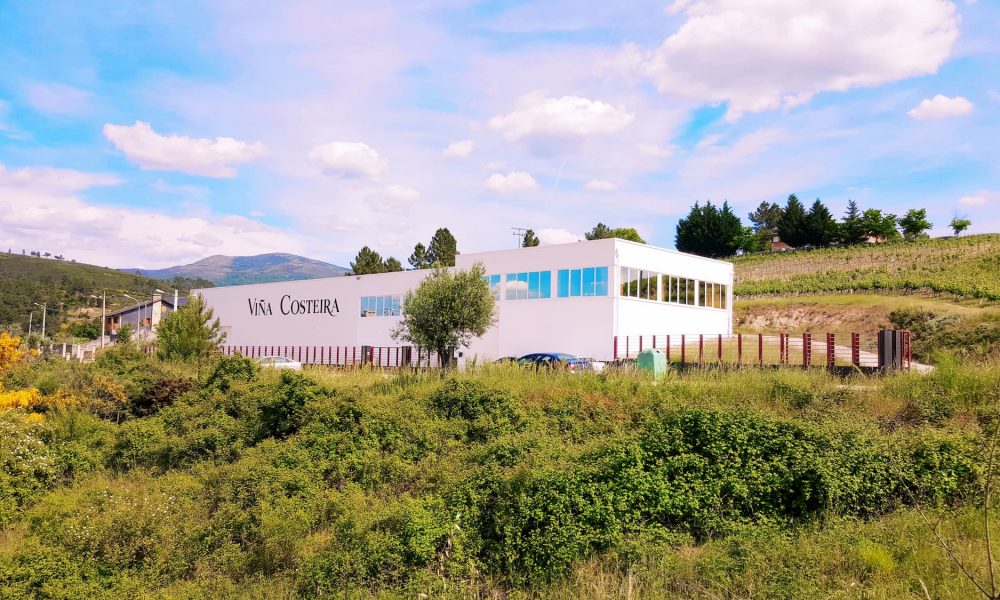
In Valdeorras, where production areas occupy a large part of the basins of the Sil, Xares and Bibei rivers, the climatic factor creates especially favourable conditions for the vines thanks to the extraordinary temperature drops that take place at night, being the difference between day and night of up to 28 degrees.
The grapevines grow in the shale and slate soils of the slopes with north-south orientation located in an incomparable environment which is characterized by the fluvial channel and the presence of the Nosa Señora das Ermidas sanctuary.
